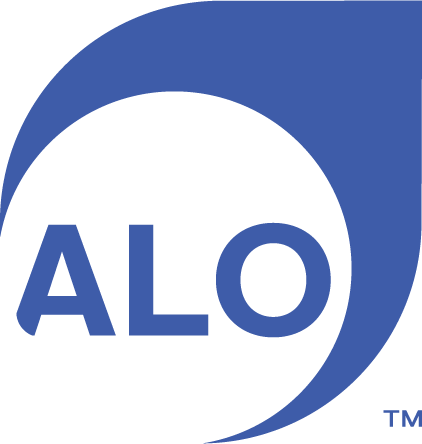Independent Physicians Are Facing Complex Choices
North Carolina’s independent physicians seem to be very popular these days.
As healthcare shifts to a value mindset, independently owned practices - especially in primary care - are fielding more inquiries from potential partners, suitors and service providers wanting to do business with the state’s remaining independents.
Practices find themselves needing to carefully consider their options. Some choices are familiar, like joining forces with a health system or outsourcing some administrative functions.
Others are more complex. They may involve new combinations of equity ownership, shared responsibility with practice management entities, and partnering with accountable care organizations (ACOs) and clinically integrated networks (CINs).
Two things remain constant: Clinical excellence and putting patients first. No matter what ownership, partnership and business structures are in place, North Carolina doctors aren’t wavering on these standards. In fact, they’re looking to make sure the business of being an independently owned practice supports and enhances the practice of medicine.
From the discussions we at Alo are having with practices across the state, it’s clear that physicians are sorting through many options when considering how to put their practices on a sustainable trajectory. We’re seeing this play out on three levels:
Establishing the right model. Most independent practices are either moving to value-based care (VBC), with its emphasis on improving quality and reducing costs, or considering how to do so. Business models such as participating in ACOs and CINs enable this shift to value. The majority of independent primary care practices in North Carolina now participate in at least one ACO, and many are in one of the system-led CINs. Such models help practices measure quality, qualify for performance compensation, and assume more risk.
Finding the right partner. With new business models come new potential partners. Few independent practices have the resources to build their own ACO or similar structure, so they enter into agreements with companies or other providers. Since most independents have had opportunities to sell to systems and hospitals in recent years, the ones that have not sold clearly value their independence. The right partner can enable a practice to thrive financially while remaining independent.
Building the right infrastructure. Physician practice business models and operating companies bring expertise in practice management, quality metrics, IT, and in some cases, staffing. These services create efficiencies that are hard for independents to build on their own. Many practices are looking for these capabilities in one or a few partners, instead of shopping for many separate vendors that must be managed and paid.
The Alo team has had many discussions with North Carolina’s independent practices over the past year to determine their challenges and desires. From these conversations, Alo has developed a package of solutions that fit most needs: a la carte and turnkey management services, capital investment, and our newest offering, the Alo CIN, which launches in July 2023.
The Alo CIN is physician-led, unlike CINs structured around a healthcare system. Physicians joining the Alo CIN will help determine how it’s structured and who partners with us. System-led CINs tend to provide doctors fewer opportunities for governance decisions and referrals to other providers.
Another distinction for the Alo CIN is that we operate within the existing fee-for-service (FFS) model. For physicians to do well in the current hybrid environment of FFS and VBC, they need a partner for each. The Alo CIN allows strength in numbers on the FFS side, while allowing the participants to show just what they can do on the FFS side to improve quality and decrease cost.
We’ve set up the Alo CIN to facilitate sharing of data and clinical guidelines across a broader patient population. Participating physicians will integrate with our technology, designed to support clinical programs and the exchange of data across the network. They’ll get access to best practices, resources, and professional development. And they’ll share in the FFS returns that result from quality of care and cost savings. For more information on the Alo CIN, independent physicians can view our recent webinar.
With so many things changing in healthcare, it’s understandable when independent physicians say they don’t know their path forward. Independents do in fact have more options available to them than ever.
It takes time to select the business models and partners that will help practices maintain and even enhance their commitment to patient care while achieving sound financial footing. Practices that partner with organizations that best understand their patients’ and staff’s needs, as well as their local and statewide communities, can look forward to a promising future in North Carolina’s dynamic healthcare market.
Paul Hain, MD, is Chief Clinical Officer at Alo.
